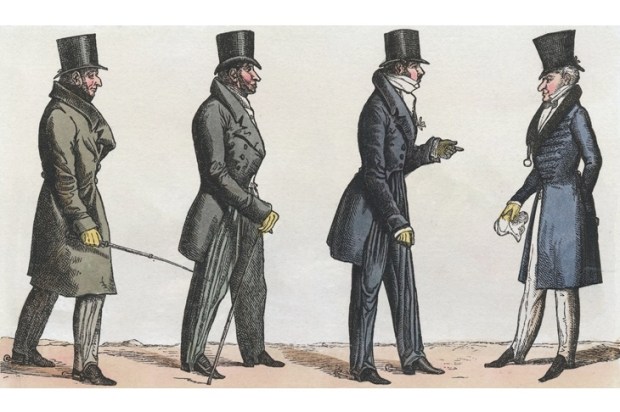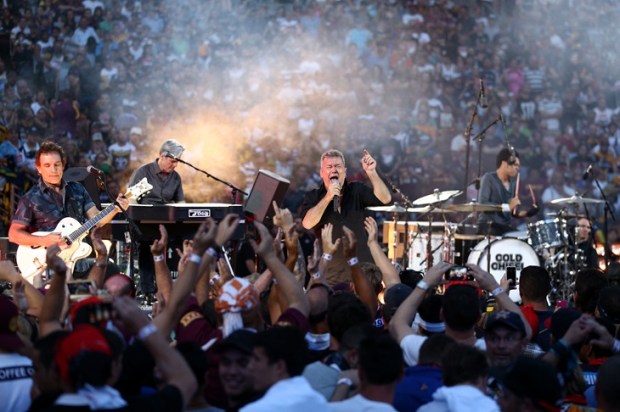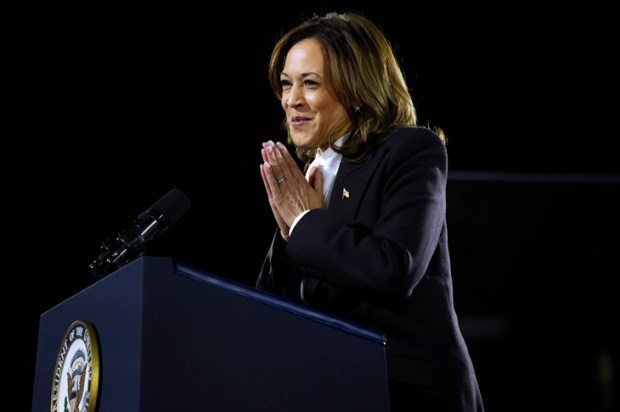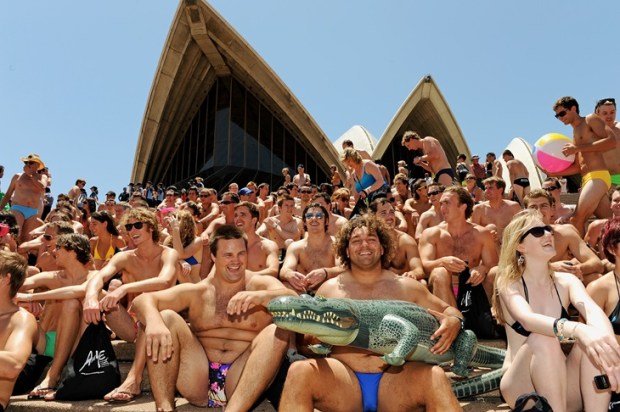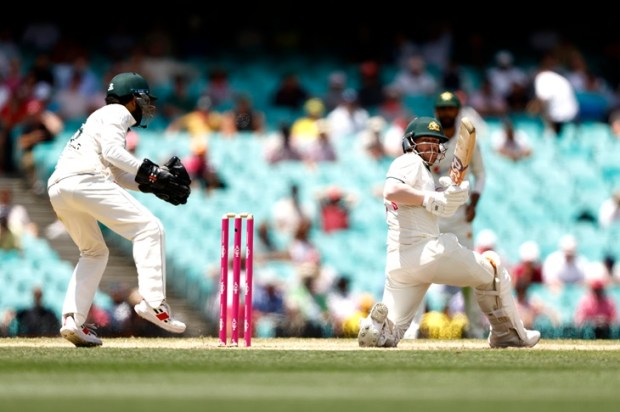They say if you’re stopped on the side of the Birdsville Track, you’ll know when a car coming past is being driven by an Aussie because they’ll slow down, wind down the window, and check you’re not in any trouble.
‘You okay, mate?’
Sure, touring foreigners are likely to feel a bit more uncomfortable doing this in a strange land, but the Australian habit of checking on others is in the blood, a necessity for survival in this harsh land for the early convicts and pioneers of Australia, and no doubt for the Indigenous folk for thousands of years before that.
In this sense, mateship could be seen as a concept that better unites and reconciles black and white Australia than any political treaty might. And all Australians, really. My brother-in-law is Indigenous and we proudly call each other ‘mate’.
Mateship at its core is simply fellowship with a slightly less snobby sounding tone, and a little more egalitarian spirit, in the best sense, as recognition of souls of equal intrinsic value.
Why then the cringe around the word ‘mate’? Prime Minister John Howard was widely mocked for envisaging the word ‘mateship’ in our constitutional preamble.
But surely mateship is already part of our national ‘constitution’ and internationally recognised as such? Witness the use of the word in any American movie or TV show where an Australian character appears. A particularly bad episode of Baywatch comes to mind…
Mate basically implies, ‘Peace, bro!’
Okay, that might make it sound a bit blokey, but according to a 2021 survey, women supported the idea of mateship being a key feature of Australian national values more strongly than men. Maybe it links to the romantic idea of a soul mate. I call female friends ‘mate’ as readily as I do men.
Friendship, companionship, and a sense of mutual support. What is so cringey about that? Add ‘no worries’ to the front, and you’ve got about as easy and relaxed a bond as one could hope to forge.
It’s true, I sometimes use the word when I forget someone’s name, but it’s better than mumbling some indecipherable, ‘Phlimnghth…’ And I categorically refuse to use the word ‘buddy’ or ‘pal’ – the American equivalents that sound more like a belittling power play. Gilligan was the Skipper’s ‘little buddy’.
It’s said that Australians condense words like ‘Good day’ to ‘G’day’ to reduce the amount of time their mouths are open for flies to get in. Well, ‘mate’ also has the advantage of being a lot shorter than ‘my dear fellow’. Indeed, our whole accent and laconic attitude may stem from a desire for minimal verbosity, something Americans could learn from.
Etymologically, the word mate comes from the German word ‘ge-mate’, which means ‘to eat at the same table’. Sharing bread together is the essence of peace and social togetherness. Get your laughing gear into this, mate.
What better word to emphasise this Australia Day? Mateship is something we can all unite around as uniquely Australian. Whether you’re sitting around the serially advertised roast lamb, a kangaroo tail, pasta, or Rogan josh, here’s to us, and you.
Happy Australia Day, mate!



